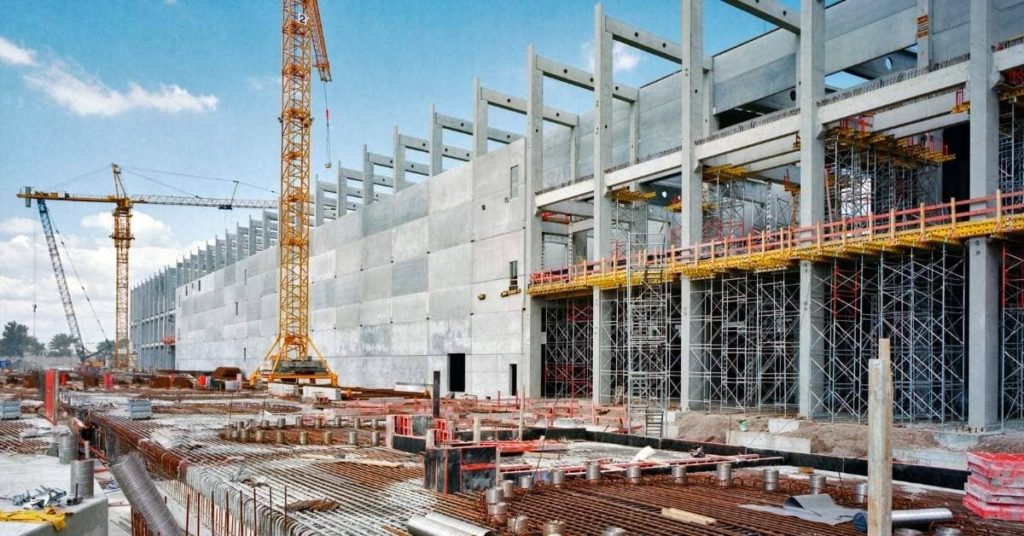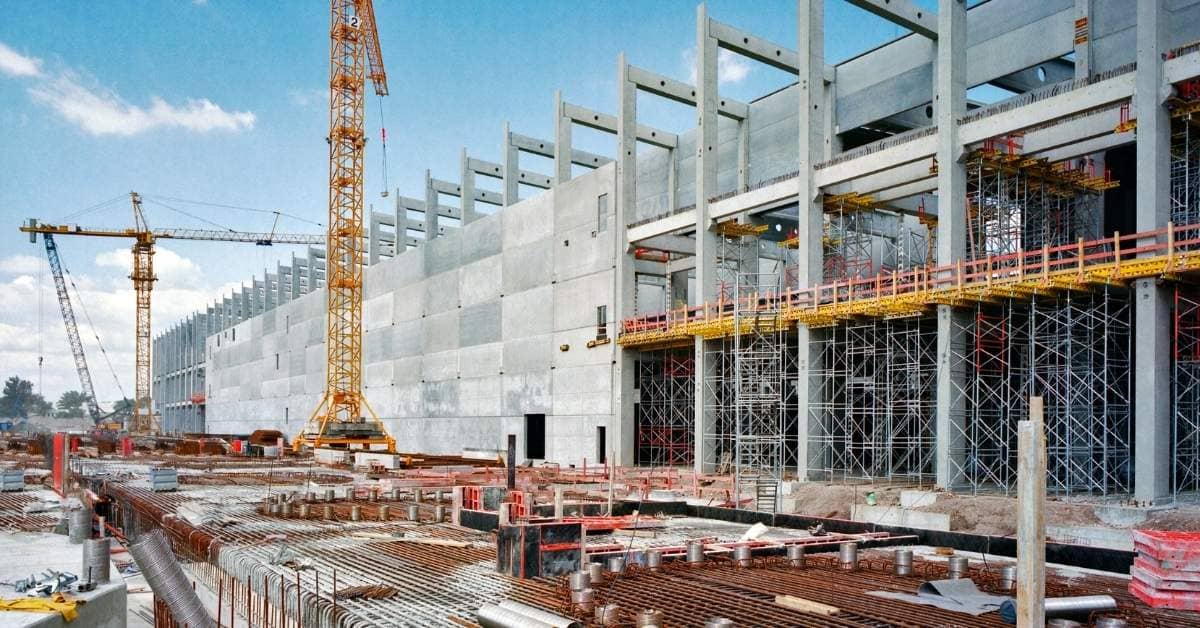
Introduction
With construction projects, you can’t get it done fast enough. Whether you’re remodeling your own home or building a complex skyscraper, delays are a constant concern. The consequences of construction delays can be many and serious, requiring careful planning and management. That’s why we’ve put together this list of the potential consequences of any delays—along with strategies for avoiding them in the first place!
Unsatisfied Home Owners
While delays in construction projects may not seem like much of an issue to those making the investments, there are many people who are affected by them. Homeowners are forced to wait longer than expected for their homes, and this delay can have a negative impact on their finances. For example, since they will be waiting longer for the investment to pay off, they must spend more money on rent or temporary housing while waiting for their home to be built.
Furthermore, as they wait longer than expected for their homes and investments to pay off, they might experience stress due to having less time than anticipated before they are able to move into their new homes and enjoy the returns on their investments.
Higher Risk of Fines and Penalties
- As the length of your delay increases, so does the risk of fines and penalties.
- Long delays also increase the likelihood that your project will be canceled.
Unhappy Contractors
Delays and other construction delays can have a number of negative effects on contractors. Some examples include:
- Contractors may not be able to meet deadlines, leading to late fees or cancellation of the contract.
- Contractors may not be able to meet their profit margins, leading to financial problems for the contractor and his or her employees (and potentially even bankruptcy).
- Contractors may not be able to meet payroll obligations, causing some workers to be laid off temporarily or permanently depending on how long the delay lasts. This can cause further problems with unhappy employees who could file lawsuits against you as well as other legal issues such as worker’s compensation claims if injured during this time period.
Budget Overruns
Cost overruns are a common problem in construction projects. They can result from poor planning, poor project management, or poor communication between stakeholders.
Cost overruns may also occur due to changes in the scope of the project. If you fail to specify all details of your plans before bidding on them, then you may find that you need more resources or time to complete your work than anticipated.
Delays in Future Projects
The impact of delays in a project can be far-reaching. Although the impacts may not be immediately apparent, they can have a long-term effect on other projects and on people, the environment, and the schedule. It is not uncommon for similar causes to result in similar consequences. The consequences may be serious enough to cause a project to fail completely or they may simply result in some design changes necessary to improve efficiency or functionality. Some of these problems can sometimes be overcome with advanced planning but others are unavoidable.
Worker Safety
Safety is a top priority for construction projects, which are legal and moral obligations. They’re also a business imperative: when there’s a delay, the contractor will invariably incur higher costs in terms of fines and penalties. If the project manager doesn’t have enough information to make an informed decision about whether or not to delay work on your project, it could mean that there are other projects being delayed (or canceled outright) as well.
For homeowners and businesses alike, such delays can be very frustrating—and costly! Construction delays happen all too often due to factors beyond anyone’s control (weather conditions or difficult terrain), but even small changes can cause major setbacks if they’re not communicated properly from one party to another during construction planning stages
Cost Overruns
The costs of construction projects are estimated to be 100% accurate only 10% of the time, so it’s not surprising that most contractors will experience a cost overrun at some point in their careers. But how do these overruns happen? There are many reasons why you may find yourself over budget, including:
- Delays in construction – If you can’t get your materials or equipment on-site in a timely manner, your timeline will be thrown off and things won’t work out as planned.
- Poor planning – This is perhaps one of the most common reasons for cost overruns; if you don’t take the necessary precautions before starting your project (i.e., making sure there is enough funding available), then you’ll end up paying more than necessary just to complete it properly later down the line!
Legal Consequences
Legal consequences can include lawsuits, fines, and penalties. When there are delays in a construction project, it can lead to unexpected costs that have to be borne by the client. This is because they will have to pay for extra time and resources used by the contractor or subcontractor who caused the delay. This is especially true if they have underestimated the cost of their project or if they have not already included contingency funds in their budgeting process.
Delays also mean that overall project costs will increase as a result of factors such as overtime payments for workers on site and increased material costs due to inflationary pressures (e.g., rising energy prices).
The consequences of construction delays can be many and serious, requiring careful planning and management.
The consequences of delays can be many and serious, requiring careful planning and management.
- The project schedule is often impacted, with cost overruns as one possible outcome.
- The project’s budget may also come under strain if the initial estimate was too small or if additional expenses are incurred during the delay.
- Delays can have legal ramifications; they may cause a contract to be terminated early or force you into liquidating assets that were supposed to fund your project (such as equipment).
Conclusion
Even though there are many ways to manage and mitigate construction delays, they can still be damaging. They can cause financial and legal problems that will require costly solutions. When planning future projects, consider how you’ll use the best practices discussed in this article to avoid common problems that result from construction delays.




